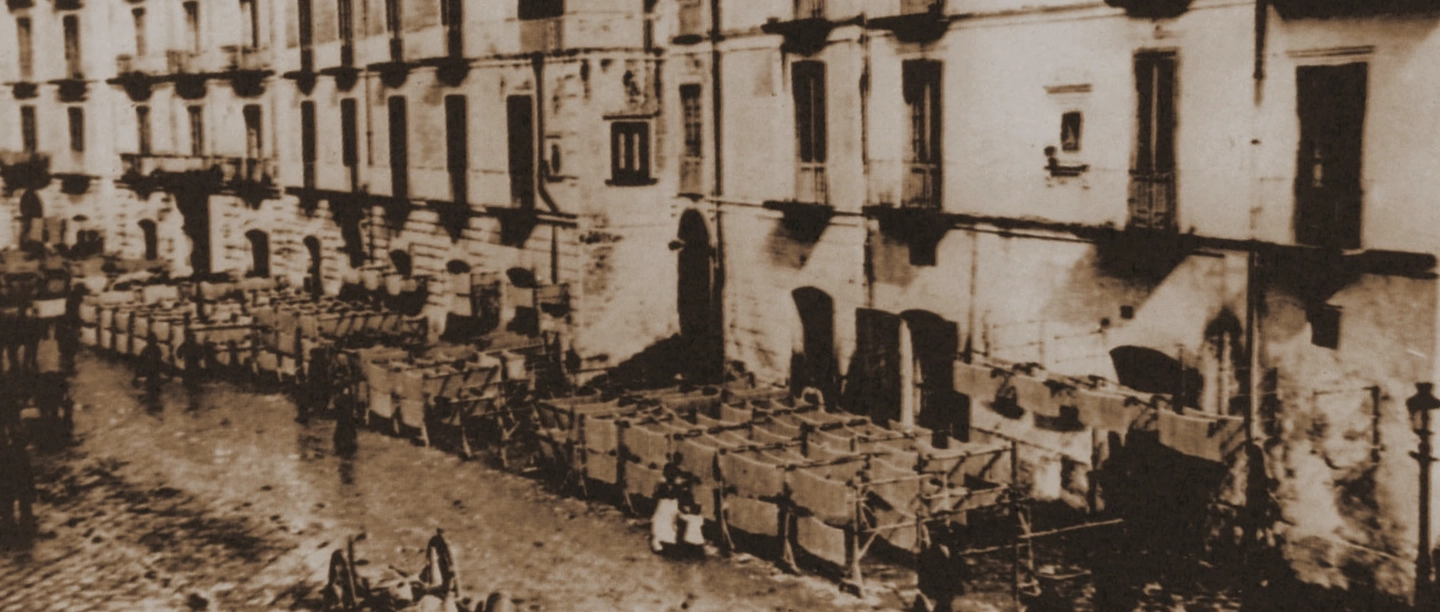The origins of Gragnano
Where it all began: between archaeology, nature and craftsmanship.
Gragnano, the city of white art, boasts a thousand-year-old tradition. Archaeological finds, such as the oven on Via Carmiano and the fossilized bread from the eruption of Vesuvius in 79 AD, testify to the processing of flour since Roman times. The Gens Grania, the family that gave its name to the territory, left a cultural legacy that still lives today in the production of pasta.

The Maritime Republic and the art of pasta
Techniques, culture and nature merge.
Between the 9th and 12th centuries, under the influence of the Maritime Republic of Amalfi, Gragnano prospered. The milling techniques and the tradition of pasta, learned from the Arabs and the Sicilians, were perfected. The Valley of the Mills, with its waterways and mills, became a production center, thanks also to the unique air and water that favored the development of a superior quality pasta.

The foundation of the Award-Winning Afeltra Pasta Factory
A symbol of excellence born in the heart of the Kingdom of the Two Sicilies.
In 1848, during the Kingdom of the Two Sicilies, the Afeltra family founded the Premiato Pastificio Afeltra. In an era of great industrial ferment, Gragnano pasta conquered the Bourbon court, thanks to its quality and artisan tradition. The construction of the Naples-Gragnano railway in 1885 opened the doors to the global market, making Gragnano pasta famous throughout the world.

The challenges of the 20th century
Resilience and rebirth through crises.
The two world wars and the economic sanctions of 1935 had a profound effect on the pasta industry. The trade link with the United States was broken and the shortage of durum wheat hit the producers hard.
Despite these difficulties, Pastificio Afeltra resisted, adapting to the changes.
After the earthquake of 1980, the company undertook a restructuring to keep the tradition alive.

A new beginning
Rediscovering tradition to enhance artisan quality
In 2004, Pastificio Afeltra became part of the Eataly Group. Production returned to its origins, focusing on small volumes of high quality: between 50 and 80 quintals of pasta per day.
In the historic building from 1848, a team of 20 artisans works with passion, celebrating the excellence of Afeltra pasta every day.



